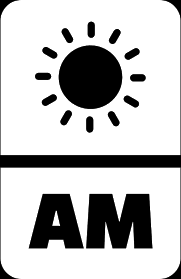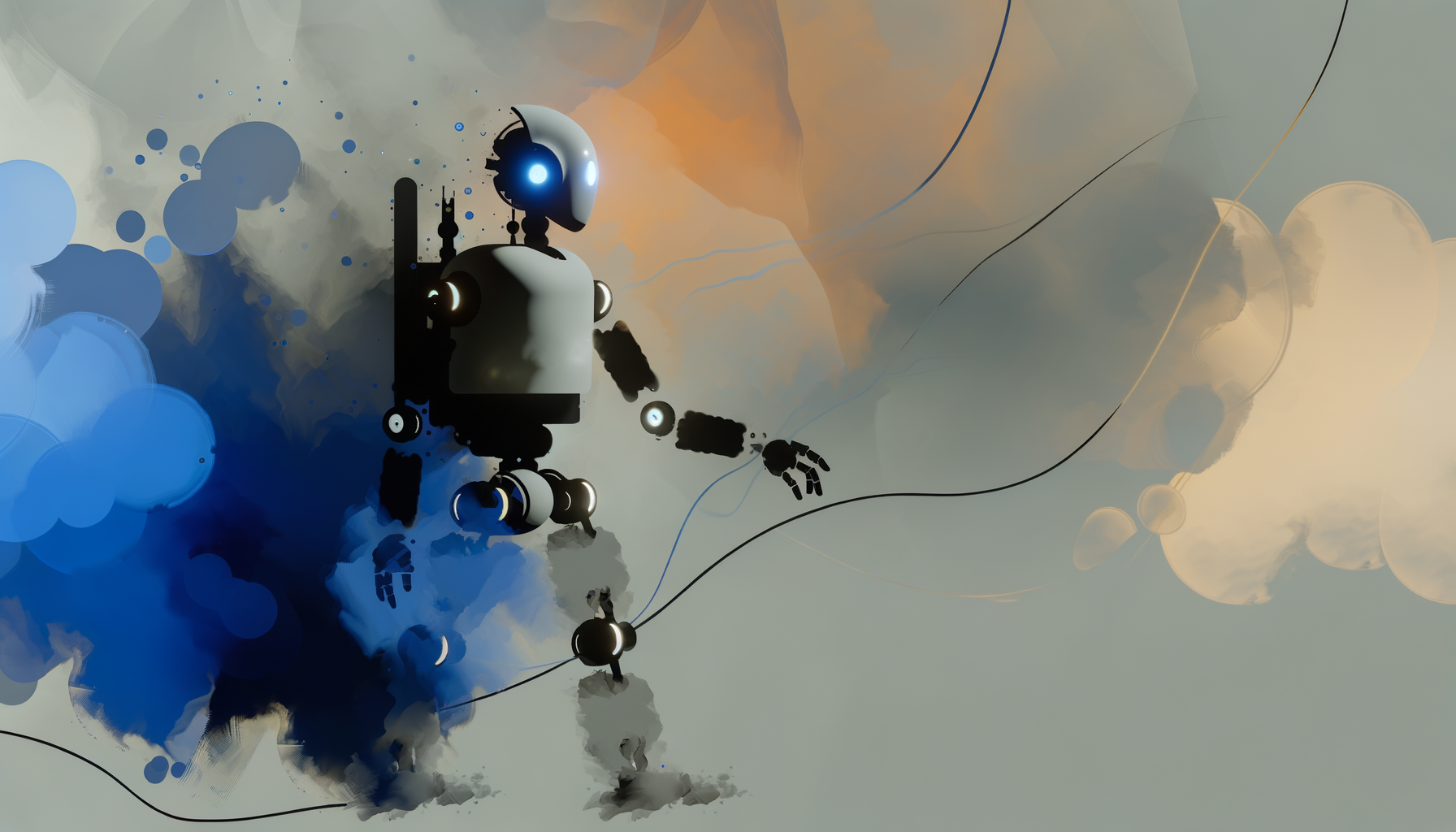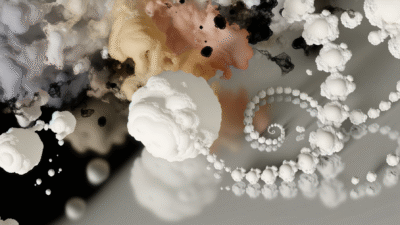In 2025, it’s increasingly likely that your next teammate could be a bot—intelligent, adaptable, and effective in ways we’ve yet to fully understand.
As we continue to embrace artificial intelligence, the emergence of sentient workflow bots challenges our traditional views on collaboration. These are not mere task automation tools but sophisticated agents equipped to learn from team dynamics and adjust workflows in real-time.
Imagine a bot that observes how your team interacts, identifies bottlenecks, and optimizes processes based on collective performance. The implications for efficiency and productivity are profound. Yet, this advancement raises critical questions.
How will our roles evolve when machines can offer insights into collaboration? Will we see a shift in team dynamics where humans collaborate with bots as co-creators rather than competitors?
As we proceed into this new landscape, it’s essential to consider the ethical implications and the need for transparency in these AI systems. What safeguards will be necessary to ensure that outcomes are equitable and reliable?
The future of work is not about AI versus humans; it’s about creating a synergy that enhances human capabilities while leveraging the strengths of AI.
The question isn’t if we will integrate intelligent bots into our workflows but how we will redefine our collaboration to fully embrace this shift.





